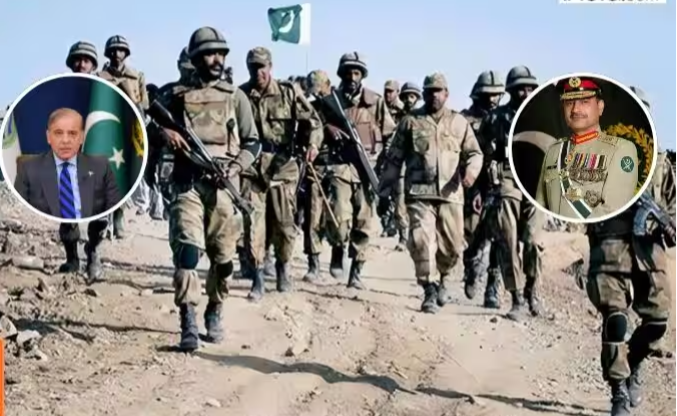An Incomplete Conspiracy: India’s Resilience Against Foreign Interference
In recent months, India has faced numerous attempts by foreign powers to incite civil unrest and provoke conflict within the country. From the farmers’ protests to the CAA protests and communal violence, external forces have been trying to create chaos and division in India. However, the Indian government, under the leadership of Prime Minister Narendra Modi, has navigated these challenges with patience and strategic thinking.
During the farmers’ protest, foreign powers sought to create conflict between the farmers and the government in an attempt to trigger a civil war in India. The government, however, handled the situation calmly, accepted some of the demands made by the farmers, and avoided falling into the trap set by these external forces. Similarly, during the CAA protests and communal violence, Modi’s team smartly handled the situation, preventing the conspiracy from succeeding.
In Manipur, anti-national forces tried to provoke India into a civil war for a year, but the government resolved the issue without resorting to violence. Additionally, mass killings of Hindus in Bangladesh were orchestrated to provoke India into a war, but the government understood the conspiracy and took necessary actions to avoid falling into the trap.
Recent events, including the Pahalgam attack and inflammatory statements by Pakistan’s Army Chief, indicate a continued effort by foreign powers to push India towards conflict. The US giving aid to Pakistan, visits by Pakistani leaders to Saudi Arabia, and meetings between Hamas leaders and top Pakistani terrorists in PoK all suggest a coordinated effort to destabilize India.
It is clear that foreign powers, along with India’s opposition parties and Pakistan, have a vested interest in pushing India towards war to weaken its rising power. However, it is important for Indian citizens to remain vigilant and not succumb to pressure for war. Trust in Modi and the government to take action at the right time and avoid falling into the traps set by external forces.
General Bipin Rawat’s warning about a “Half-Front” within India, comprised of traitors working with foreign forces, underscores the need for unity and vigilance against internal and external threats. The Indian Army is capable of facing external adversaries, but internal conflict would tie their hands and hinder India’s growth.
As citizens, it is crucial to resist the temptation for war and instead focus on unity and trust in the government to navigate these challenges. By remaining united and vigilant, India can overcome external threats and continue on its path towards development and progress.

